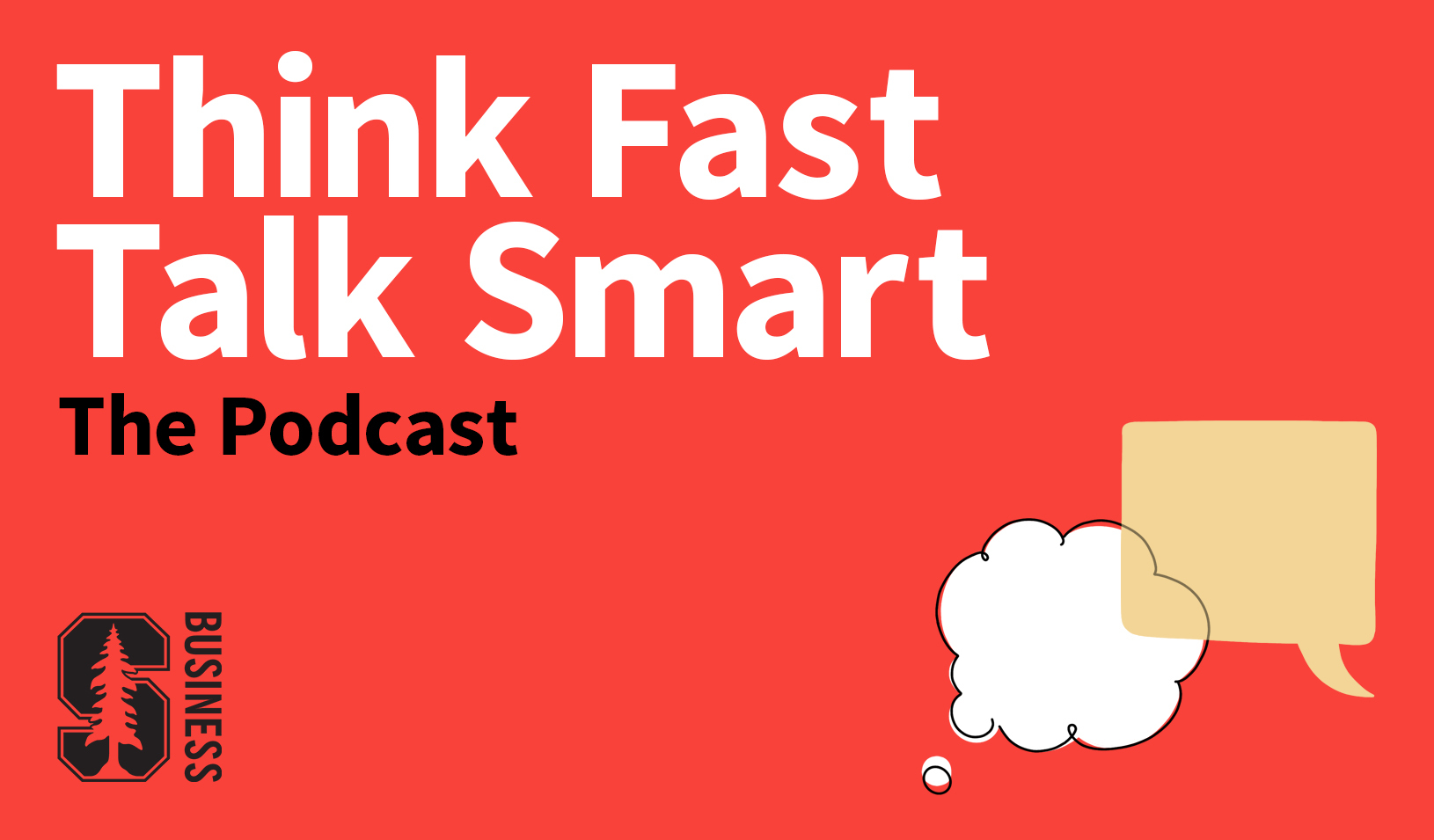Balancing Career and Family Isn't Getting Any Easier
Women who plan strategically will successfully balance both fulfilling business careers and family lives.
February 01, 2008
Attention women MBAs: Look hard before you leap off the career track, because once you step off, it can be really hard to climb back on.
However, women who plan strategically will successfully balance both fulfilling business careers and family lives, Myra Hart, an academic and founder of Staples, told an audience of mostly female MBA students during a discussion of work/life balance on February 6.
Hart recalled her experience from 1961, when she was a newly minted Harvard MBA aiming to become a corporate CEO as well as continue to be fully involved in the lives of her three children. At every job interview, she told the employers that her goal was to be that company’s CEO and asked whether they saw any reason why she could not accomplish that goal at their firm. Two high-tech companies replied that she was unlikely to ascend to the top job because she was not an engineer. So, Hart searched out industries where she could reach the top ranks, eventually taking a post at food retailer Star Market before going on to become one of the founding officers of office supply chain Staples.
Before joining the faculty of Harvard Business School, Hart was one of the four founding officers of Staples in 1985. She remains on the company’s board of directors. Prior to Staples, Hart was director of marketing for Star Market, a division of Jewel Companies.
“It was because I was very clear in what I wanted in my personal life as well as what I wanted in my business life,” said Hart, a professor of management practice at Harvard University. She also is a research fellow at Stanford University’s Michelle R. Clayman Institute for Gender Research. Her talk was sponsored by the MBA student group Women in Management, and by the Stanford GSB Alumni Association.
Young women MBAs today need to approach their careers just as strategically if they want combine having families with having a high-powered career, Hart said.
However, in contemporary times — as was the case four decades ago — having it all continues to be a difficult balance.
In 2005, Hart conducted a survey of female Harvard MBA grads in their mid-30s to mid-40s, the prime period for both child-raising duties and building business careers.
While few grads who were childless or had only one offspring had left the full-time workforce, Hart found that more than 60 percent of the grads who had two children or more had stopped working full time. Stepping down likely meant they had sacrificed their ability to ever ascend into the senior corporate ranks, Hart said.
Initially, women who take a career hiatus typically intended to stay away for about a year, but many didn’t return for five years or more, she found.
So, Hart decided, it was important to find out exactly “why ambitious, well-trained women with high-level management responsibilities are opting out.”
The answer turned out to multilayered.
Besides the demands of having children at home, having aging parents was another complicating factor since it is the woman who usually cares for those parents, whether they are her parents or her partner’s.
Women also power down to accommodate a spouse’s demanding career. Hart found that women MBAs often marry men with similar levels of education and ambition. “So, at the time you are beginning to raise a young family, it is highly likely that not only will your work demands increase, but so will your spouse’s.”
To continue advancing professionally, young female MBAs should know what they want to accomplish in their careers and find out if their company will be supportive. “Some people say, ‘I want flexibility in terms of the hours, vacation, or travel.’ Maybe you want flexibility in terms of how long it takes to get tenure or make partner. Ask ‘are people going to take the rhythms of my life into consideration and not devalue me because I might want to take longer or a different pace?’”
Avoid the trap of thinking that “the world is a meritocracy, and if I do a good job, it will be recognized and everything I want will come to me. That is absolutely not true.” A more sound approach, she thinks, is to find a strong female mentor, ideally in your own workplace.
Before leaving full-time work, women should also establish a bridge that will carry them back to professional life once they’re ready to return. Strategies could include picking up part-time duties with your current employer or arranging to handle work on a project-by-project basis “so you can come in and out at different times, doing a consulting practice that builds on the expertise you have.”
People who take up volunteer work should ensure their roles are high level and “professional quality” so they build new skills, not just use the ones they already have.
It’s also critical for women MBAs on a professional hiatus to have a sounding board. Hart calls it “a personal board of directors, people that you really trust who will tell you the truth, where you can run your ideas by them.”
And constantly redefine your definition of success, Hart said, “because it is not static. You can make a plan today, but it will not be the same three years from now, or five years from now.”
Relationship partners play a major role, too. “Make sure you engage in what I call ‘contract talks’ with your partner,” said Hart. “Find out what are their expectations, not only about having a family, but what kinds of roles are going to be played out in the family, and what kind of career-making decision rules you might have.”
Two-career couples should forget the idea that their professional lives will end up neatly divided 50-50. “Alternatives like, ‘it’ll be your turn this time, then it’ll be my time,’ — that will derail both careers,” said Hart. “You have to think of a more clever approach.”
Women shouldn’t think that starting their own business is the thing to do if they stop working full time, she cautioned. “Starting a real powerful entrepreneurial venture is much more work than adding a second or third child. Don’t think it’s going to give you flexibility.”
For media inquiries, visit the Newsroom.
Explore More

Lose Yourself: The Secret to Finding Flow and Being Fully Present

Speak Your Truth: Why Authenticity Leads to Better Communication



